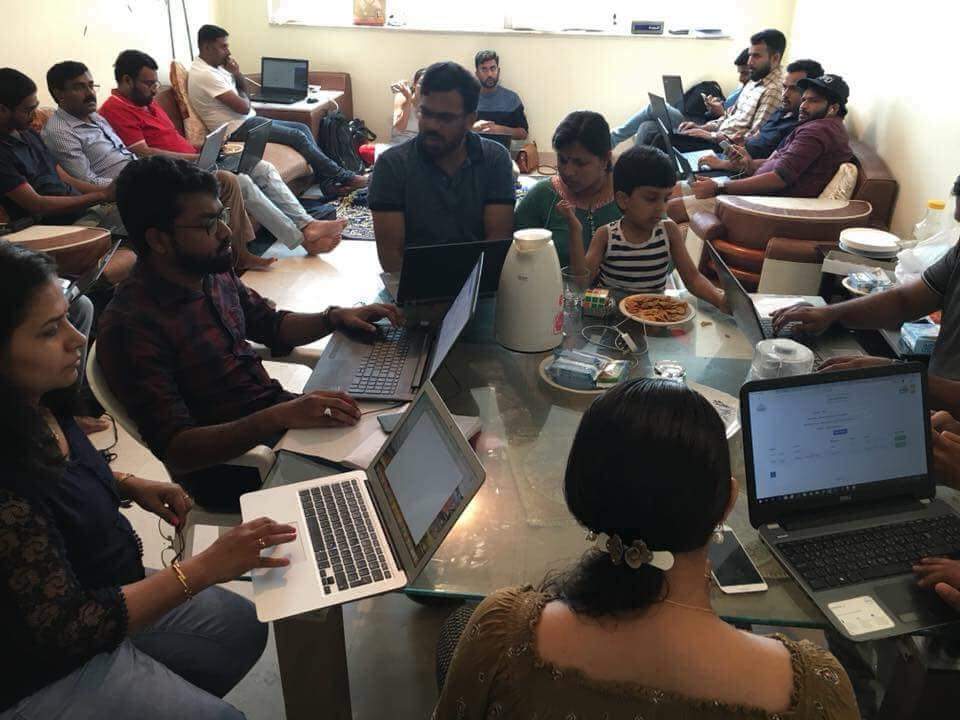If there is a challenge, will it be based on better incentive alignment, an answer to deplatforming, or something else?
Let’s check the status on one of the most previously discussed crypto ideas: disrupting web giants 👇
nbcnews.com/business/consu…
Get real-time email alerts when new unrolls are available from this author!
Twitter may remove this content at anytime, convert it as a PDF, save and print for later use!

1) Follow Thread Reader App on Twitter so you can easily mention us!
2) Go to a Twitter thread (series of Tweets by the same owner) and mention us with a keyword "unroll"
@threadreaderapp unroll
You can practice here first or read more on our help page!


